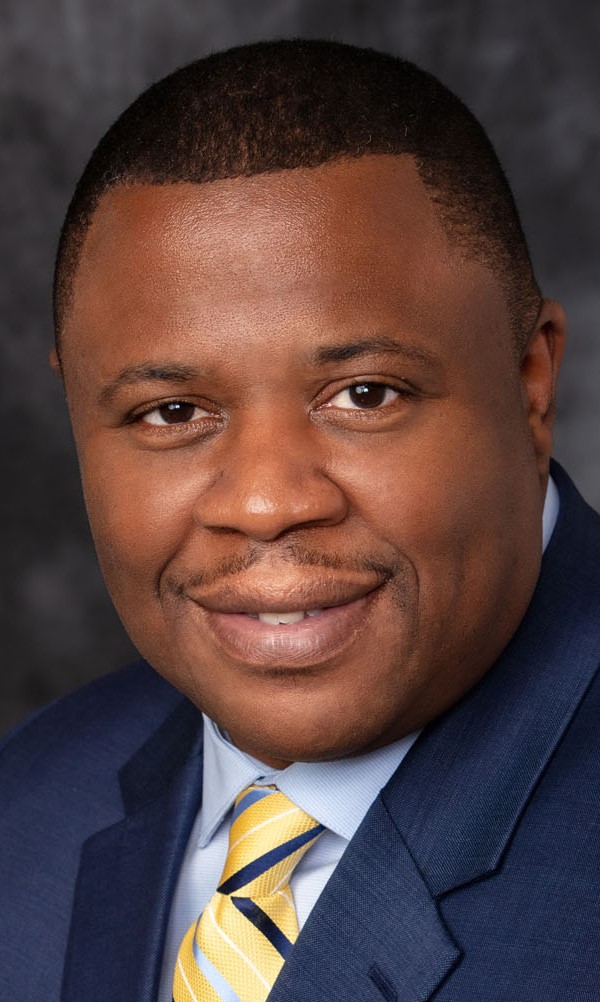
Against the grain II
Blacks have adapted where necessary to the virtual world

Last week, the ladies of the Alpha Kappa Alpha Sorority, Inc of Florida held their annual AKA Day at the Capitol. For the second consecutive year, it had to be done in a virtual format. Thrown into the virtual option in 2021 by mandate of the national leadership of the sorority, the local chapters took the lead in preparing for the event.
This year, they had hoped to be able to hold it live, but again resorted to the virtual environment. With over 500 members watching online, the AKAs held two days of informative sessions with undergraduate sorority sisters, graduate sorority sisters, business professionals, Florida legislators and leadership of the local community.
Watson Temple Church of God in Christ has recently upgraded its entire audio/visual system to enhance the experience for the members of their church. While they are having limited attendance live services, they have added a state-of-the-art broadcast. Rev. Donald Sheppard was personally involved in the redesign of the audio/video system and has seen a significant improvement in not only the quality of the broadcasts, but the positive response to them as well.
At FAMU, the Sports Hall of Fame committee, which had for a longtime met on campus, has been meeting virtually since 2020. Even though the FAMU Sports Hall of Fame inducted two classes in a live ceremony in September of 2021, it also streamed the ceremony live for the first time in its history. The event sold out a record number of tables and the impact was expanded with the online viewership.
For years, there has been a “digital divide.” Blacks have been behind the norm in technological advancements. Computer literacy in all generational eras, except millennials, is lagging behind the general norm. Access to computers and training on them contributed to the divide.
However, many Black businesses, organizations and individuals have adapted to the use of technology to not only operate, but thrive in the midst of this third variant of the global pandemic. Blacks have found a way to remain relevant by using technology and embracing the virtual methods of doing business.
Part of this can be attributed to companies that offer the services stepping up and making access easier for all to use, interface with and master. Corporations took major steps during the pandemic to ensure that their platforms could withstand the uptick in usage. Probably the biggest of these adjustments was the Zoom company.
Zoom became the norm very quickly, but the company was not prepared for the immediate and exponential growth caused by the pandemic. The demands on the company overwhelmed it. They were smart enough to engage a competitor in the industry, Cisco Systems, to upgrade their capabilities. Cisco, the company most people know from their home routers they make under the Linksys brand, also specialized in business networking. That was one of Zoom’s biggest issues. While Cisco’s Webex video conferencing platform was used by some municipalities, Zoom was the choice of a growing number in the millions of customers.
Churches began broadcasting services, municipalities began having virtual meetings and Black Americans joined the rest of America in adapting to the new norm.
On the other side of the complete global shutdown, groups like the AKAs and Watson Temple Church understand that things will never go back to the way they were completely. The fear in some individuals will keep them away from the general public long after the CDC declares it safe to reengage freely. Sheppard, like most pastors, realize that some folks will prefer to watch church from home even when the live attendance restrictions are lifted.
Fortunately for these organizations’ leaders, they stayed on the curve and it has resulted in excelling even amid the effects of the global pandemic.







